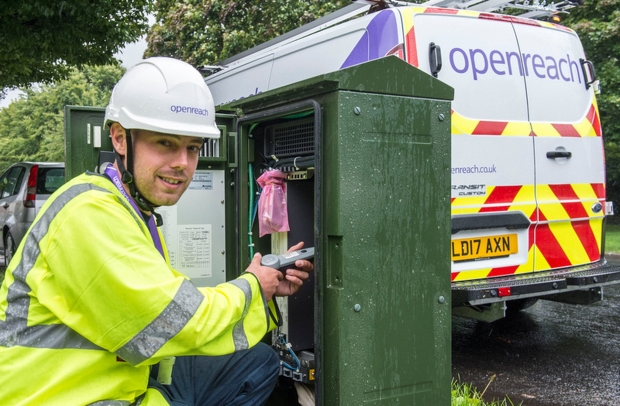Openreach, which controls most of the UK’s broadband network, is investing £12 billion to connect 20 million homes and businesses by the end of the decade. About 2,500 of the new roles will be at Openreach and 2,800 will be created at its construction partners.
The UK has been a global laggard in the rollout of full-fibre broadband. About only 18 per cent of households have access to it, while many developed countries are beyond 80 per cent, with BT’s Openreach sticking to its old copper network instead of investing in new technology.
Phil Sorsky, SVP, Service Providers for EMEA at global network infrastructure provider CommScope said: “The news that Openreach is creating over 5,000 jobs to drive fibre rollout next year shines a light on the importance of connectivity in our homes - and reminds us that there's still work to be done in getting all areas of the country on a level playing field.”
He said that it was good news is that technology is improving, making it possible to improve the speed and cost of fibre network deployments across the UK while tackling the widening skills gap.
“By arming field technicians and engineers with better data on designing a network, the industry can reduce time-consuming decision making and human error.”
He added it was important for providers to create easy-to-digest materials that aid networks when rolling out new connections, such as fibre, in densely populated areas.
“For example, we’re seeing new planning tools emerge that can help engineers quickly identify the best network design topology for any project, walk them through the various network design aspects that need to be considered, and explain the available options and the pros and cons of each”, Sorsky said.
“Getting all areas of our country online has to be a priority as we look ahead to a future ever more reliant on connectivity – and closing the skills gap will play a crucial role.”

